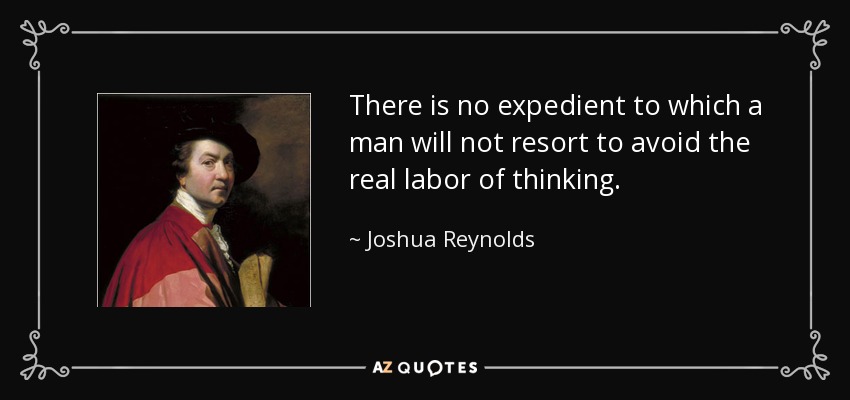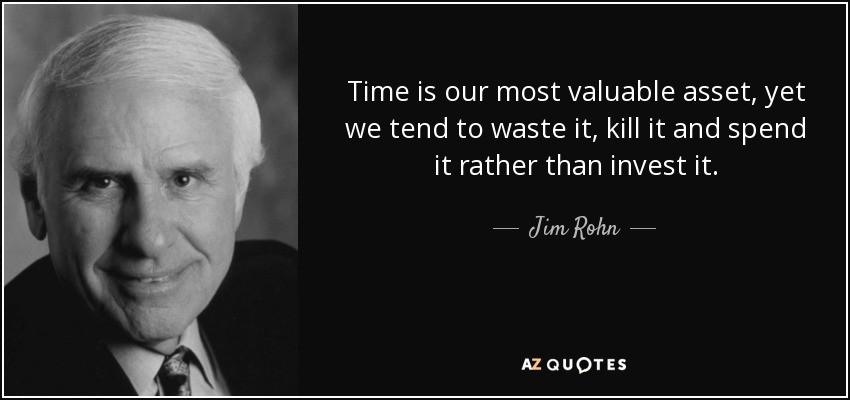Do you waste a lot of time procrastinating and being indecisive? Are you struggling to make progress in completing your goals? If you do, then keep reading!
If time is our most valuable asset, then any lessons we can learn on using it more efficiently are absolutely invaluable. So, what are the roadblocks between us and efficient time usage and how do we overcome them?

The process of thinking about how to overcome complex problems can be quite a laborious and uncomfortable task, and sometimes we can be our own worst enemy in making the ordeal even harder.
Overburdening our minds; envisioning a task and not knowing where to start, catastrophising, overcomplicating. If we don’t streamline our thoughts and plans from the beginning, we may never establish a foothold in the task ahead. We get stuck in a state of procrastination where we put off the task until the pain of not completing it exceeds the pain of thinking.
Tim Urban gives his model of procrastination that involves three players: Rational Decision Maker, Instant Gratification Monkey, and Panic Monster. The Monkey derails the Decision Maker’s progress until Panic Monster steps in scares off the monkey and brings the pain of not completing the task to the forefront.
Sound familiar?
Tim talks of two types of procrastination. The first involves deadlines (usually set by others) where, even though severely disrupted by the monkey, the work eventually gets done due to the interventions of Panic Monster. The other type of procrastination involves no deadlines, where the tasks are usually set by oneself. In this second case, the Panic Monster never steps in.
The no deadline type, you may agree, is the most damaging. The procrastination can just go on forever so you’ll never make meaningful progress. Cruelly, the tasks set by ourselves for ourselves are usually the most rewarding ones; our own projects and dreams.
I think most people can relate to this dynamic of monkeys and monsters to some degree. Luckily, there are a lot of good tips, tricks and advice out there on how to coax your brain into getting things done. First, here’s a word from the accomplished animator, Mark Soderwall.
The Fear of Starting – You can’t finish anything until you start something.
Mark delivers a brief talk on the two main fears people commonly experience when thinking about starting a project. Firstly, we tend to place high expectations on ourselves and then project them onto the world. Couple this with the fear of being judged or not being good enough, otherwise known as imposter syndrome, and we have a mindset that intimidates ourselves out of trying.
His answer is just to start. Start with what you have and what you know. You have to start now.
But you need a plan, right? How do we plan a task and give ourselves the best chance of completing it?
Chunking
Chunking, a fancy term for splitting a task into smaller, more manageable, less daunting parts. Sam Ovens offers an overview of how to plan a task in a more manageable, less intimidating way.
Sam suggests to backwards engineer your task. Define the end goal and how long it should take. If this task should take a year, layout what needs to be done over the year to be where you want to be at the end. Then think about what needs to be done over the next month, then the next week, then finally the next day.
With this technique, you’re setting out a framework for progress and breaking the task into small pieces that you can easily bite off.
Sam analogises his strategy with an old mountaineering saying: Never stare at the summit. That is how you get disheartened. That’s how people give up and not get there. Instead, release your attachment to the goal – fixate on your boots instead, and take another step. Chunk down to bite-size pieces and ask yourself what steps can I take today to get closer to the summit.
What else can we do to get things moving?
Thomas Frank talks about a common problem in productivity, Analysis Paralysis – an abundance of choice. Being overwhelmed with the choice of possible directions, tools, and other resources. The answer to this problem: create limitations for yourself – reducing the number of choices will reduce analysis paralysis.
Limitations
- Time limits and deadlines.
- The longer you give yourself for a task, the longer it’ll take. The more time the instant gratification monkey will have at the helm.
- Scope.
- Purposely limit the scope of the task. Maybe you could first cut your teeth on smaller projects, make the necessary skills habitual – which will then make larger tasks easier to accomplish.
- Limitation of tools.
- Reduce the tools available. Necessity is the mother of invention. When you have a limited toolset you tend to be more creative.
Perfectionist?
If you’re focused on creating something perfect, taking your time whittling away on the same little thing, it will prevent you from making something good.
So if you find yourself sinking a lot of time into one little part of your project, the wider task is probably suffering as a result. Time to take a step back and reassess – does it need to be perfect or does it just need to be good?
Conclusion
Our goals are generally ambitious enough as they are, so let’s avoid making them more difficult. There is a lot of good advice and techniques out there we could use to help build momentum, use time more efficiently, and get ourselves to where we want to be. So don’t be daunted by your distance from the goal and all the obstacles in between, just focus on taking that next step.
Thanks for reading to the end. Do you have any advice you could share on overcoming procrastination and accomplishing tasks?




